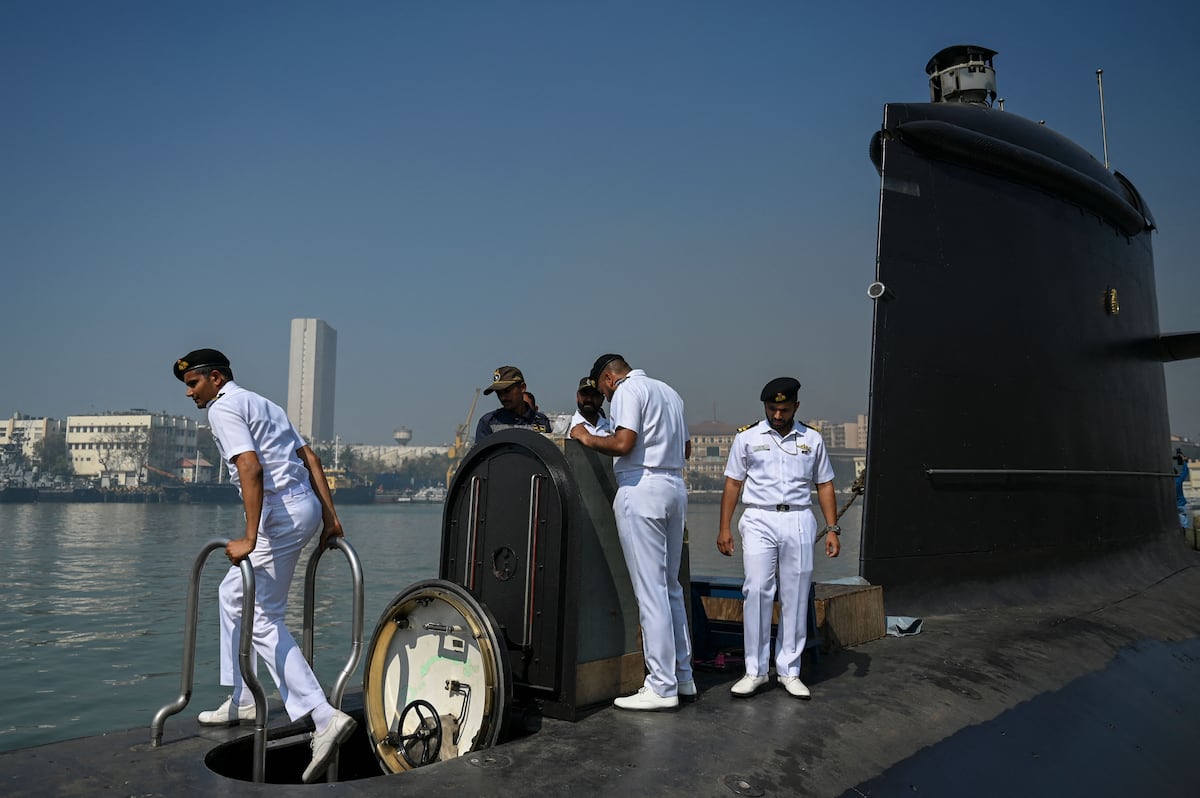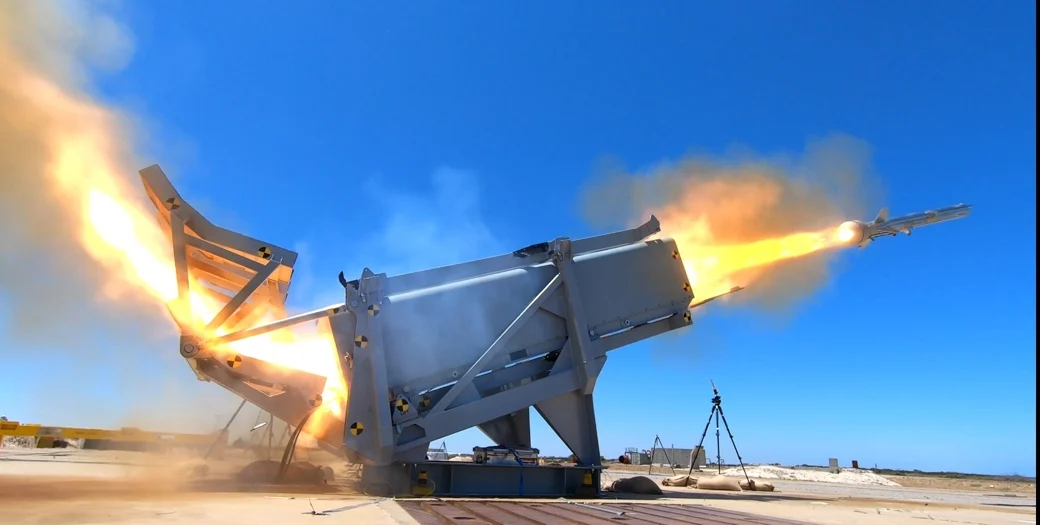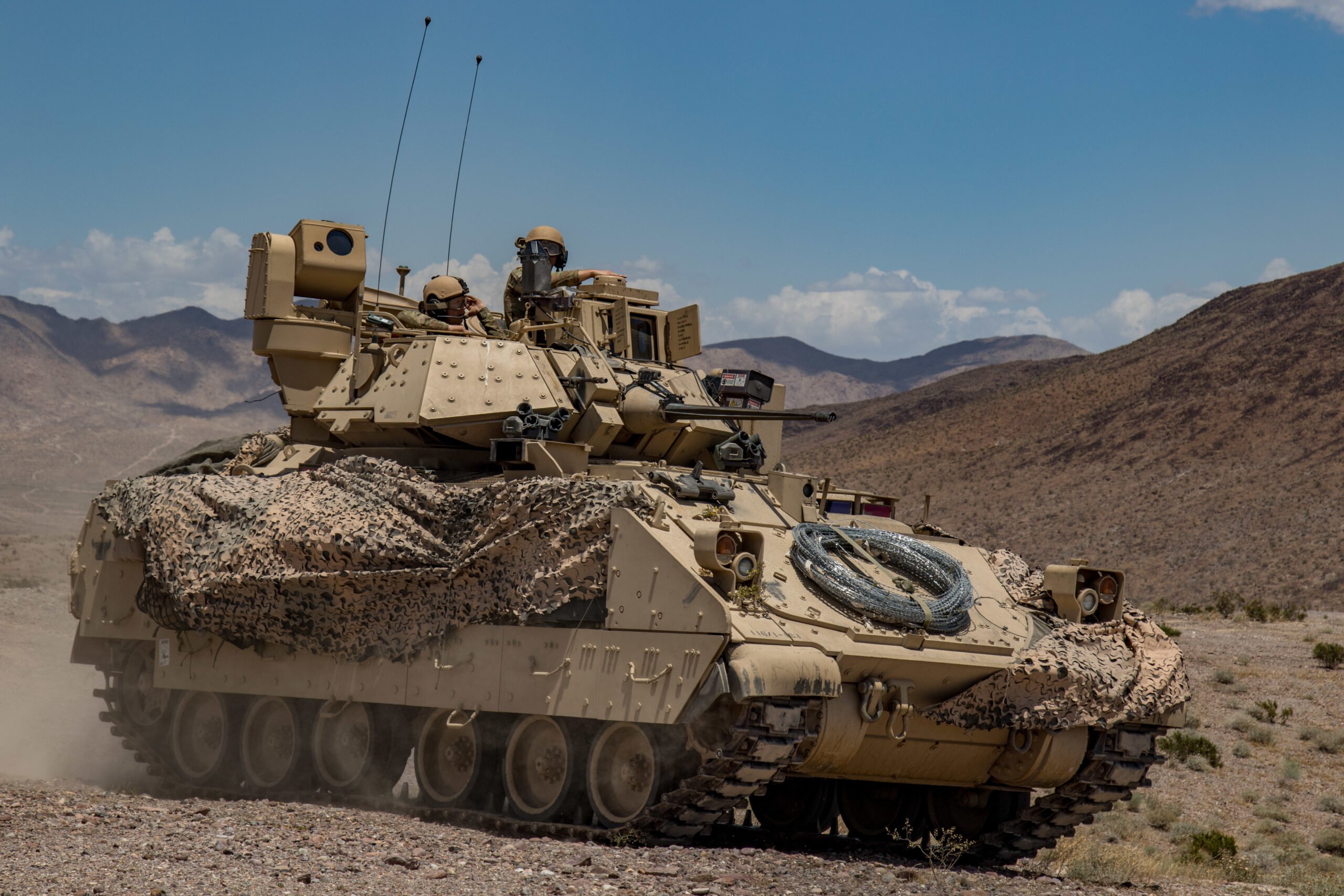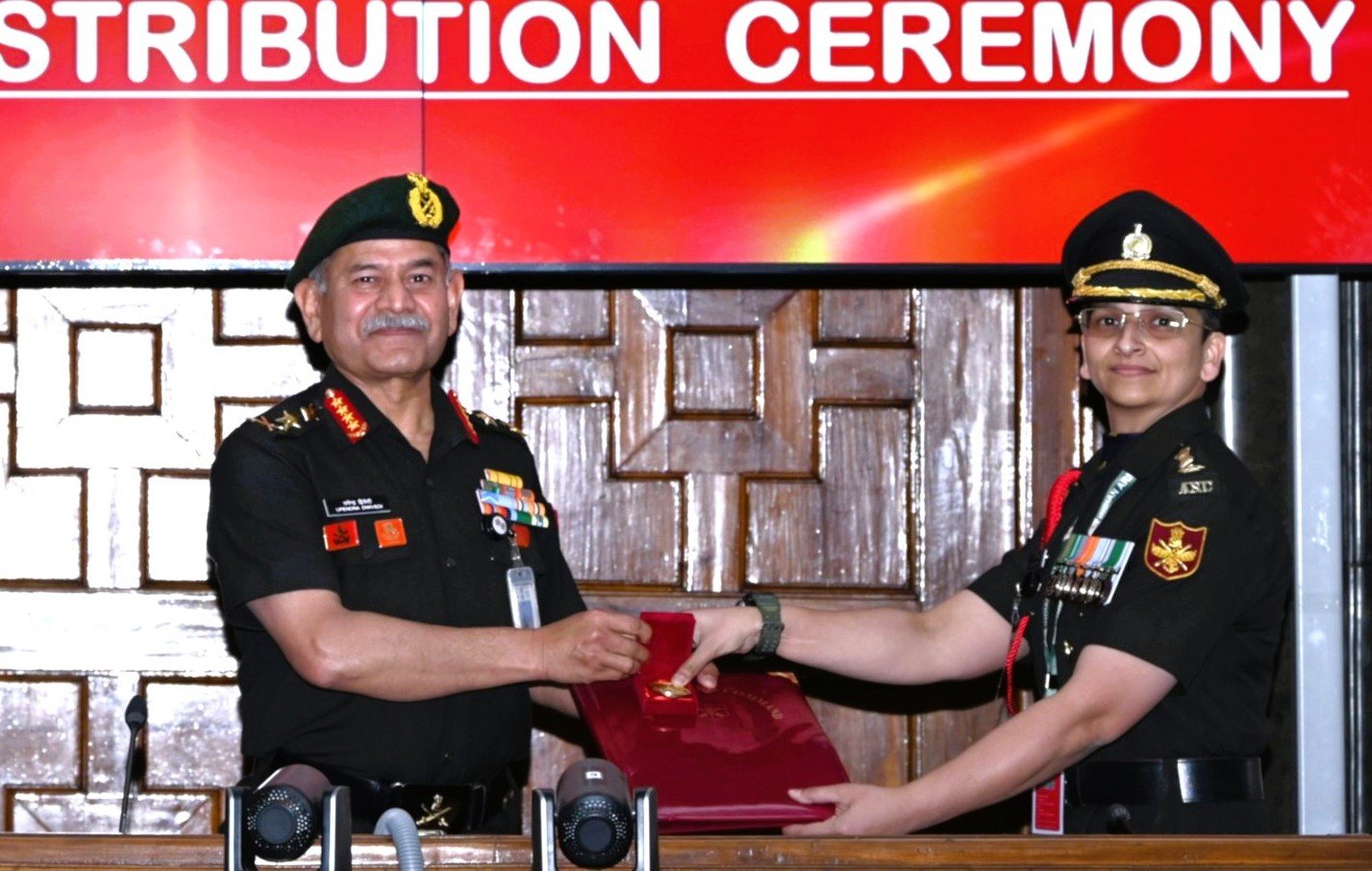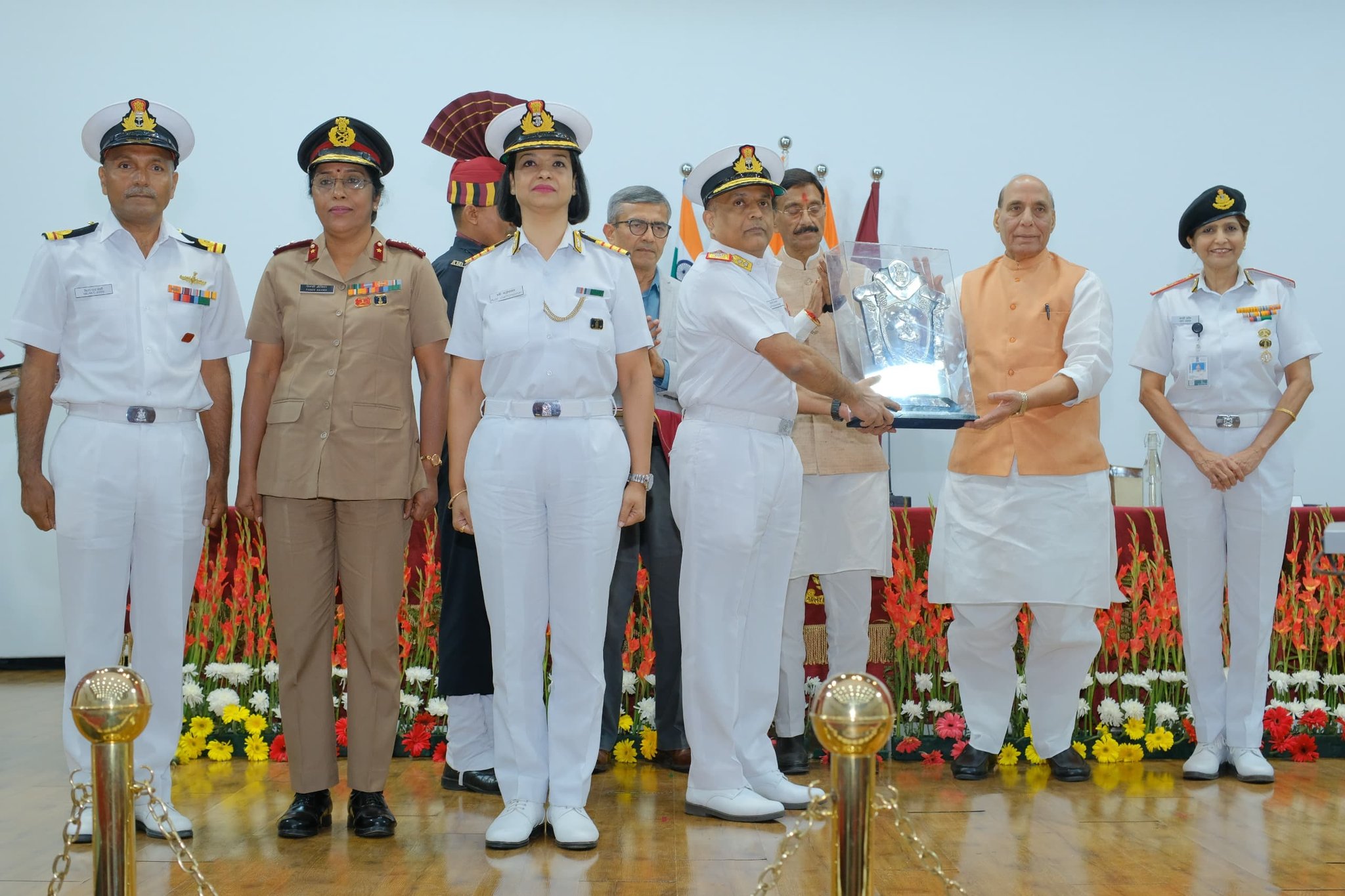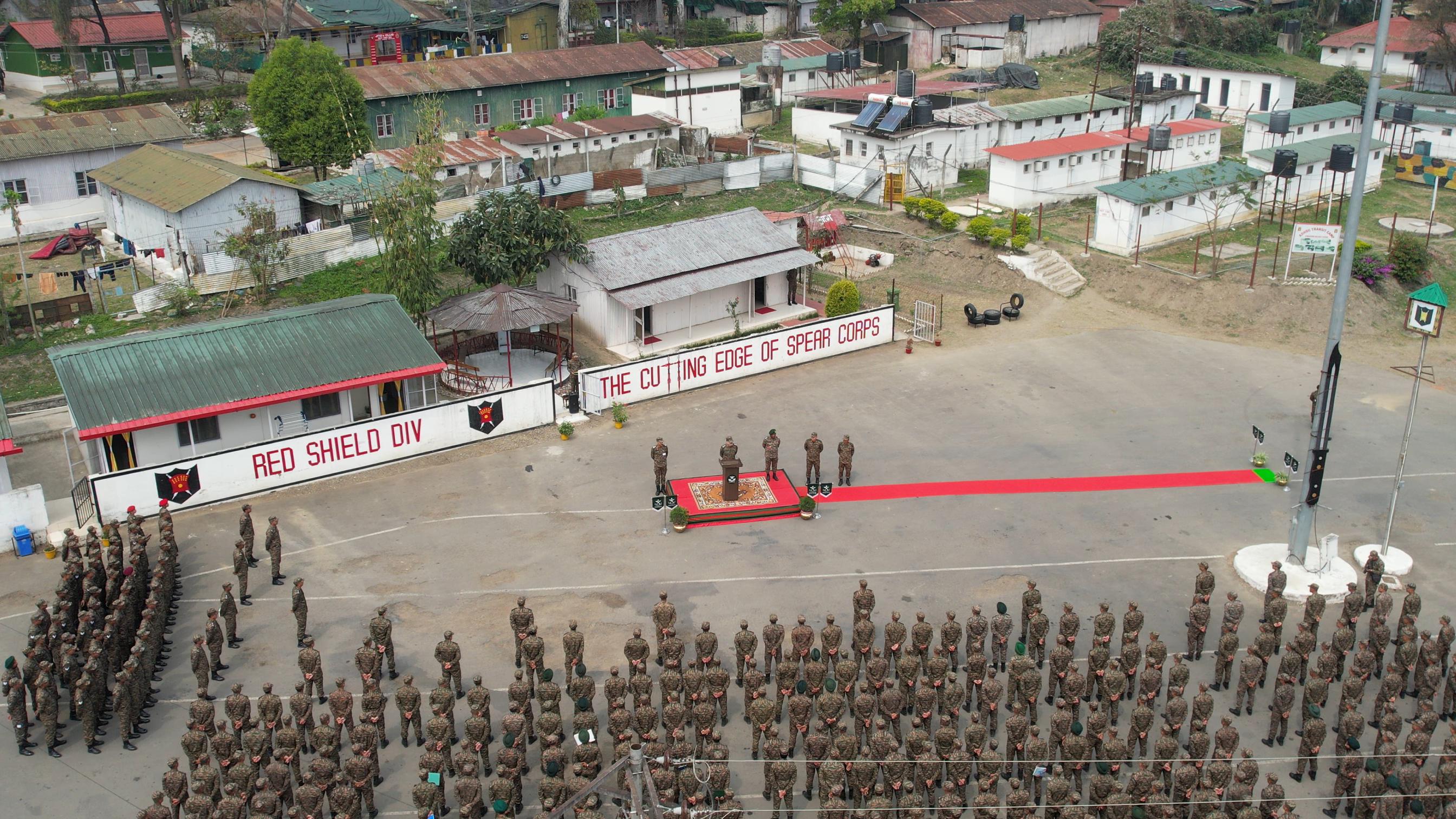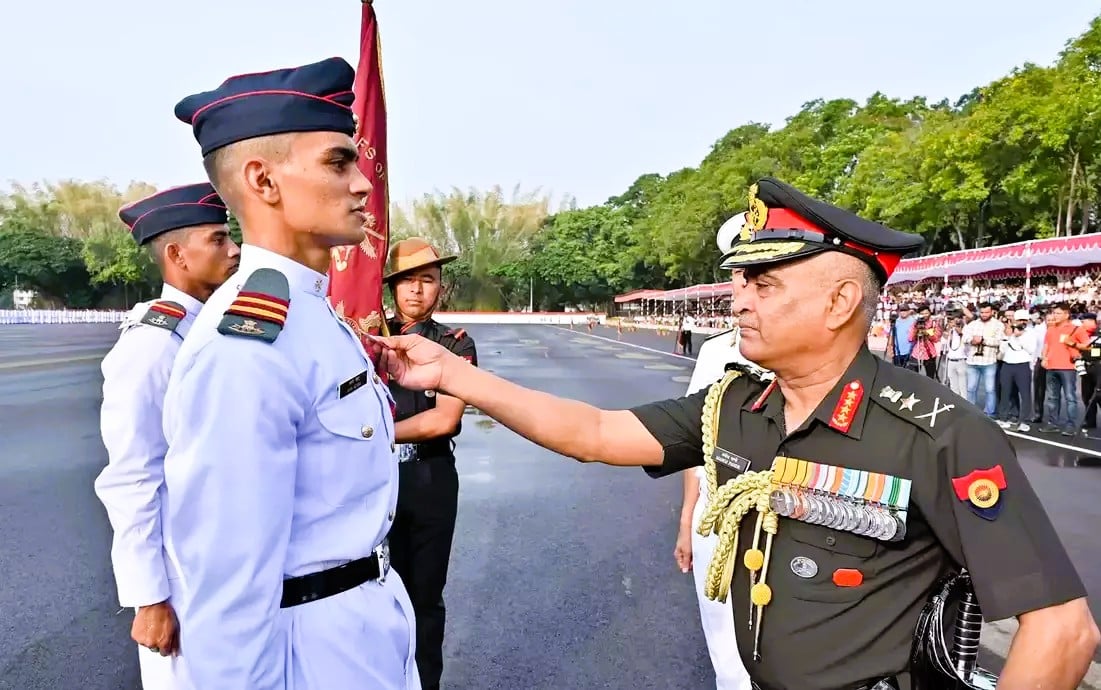India Expands Naval Capabilities with New Submarine Fleet Amidst Rising Regional Tensions
CHRISTCHURCH, New Zealand — In response to increasing naval activities by China and Pakistan in the Indian Ocean, India is significantly enhancing its maritime defense strategy by expanding its fleet of nuclear-powered submarines. The Indian government has approved an investment of 400 billion rupees (approximately US$4.8 billion) to develop a new class of attack submarines, known as SSNs (Submersible Ship Nuclear), planning to construct an initial two vessels with a total eventual goal of six.
Local reports indicate that over 90% of the materials used in the construction of these submarines will be sourced domestically, marking a pivotal shift towards self-reliance in defense manufacturing. These submarines are strategically designed to monitor Chinese maritime movements in critical areas such as the Malacca Strait, Gulf of Aden, and the Persian Gulf, regions where China’s naval presence has been steadily increasing since 2008 due to ongoing counter-piracy operations.
The new SSNs will be equipped with advanced combat capabilities, including torpedoes and BrahMos missiles, but it is anticipated that several years will pass before the first submarine, being constructed in Vishakhapatnam, is operational. Historically, India has relied on leasing submarines, notably from Russia, with plans to possibly lease another Akula-class submarine by 2028 as an interim measure.
In addition to the attack submarines, India is actively investing in its nuclear deterrent through the construction of ballistic missile submarines (SSBNs). The recent commissioning of the INS Arighaat, a 6,000-ton SSBN, in Visakhapatnam marks a milestone as India’s second SSBN following the INS Arihant, which entered service in 2016.
Defence Minister Rajnath Singh emphasized the importance of strengthening India’s military capabilities, stating, “Today, India is surging ahead to become a developed country. It’s essential for us to develop rapidly in every field, including defense, especially in today’s geopolitical scenario." He added that these advancements will bolster India’s nuclear triad and contribute to regional stability.
The INS Arighaat, which took 15 years to build, signifies technological advancements over its predecessor, Arihant. While details of the vessel remain closely guarded, reports suggest enhancements in missile capacity, internal design, and propulsion systems, reflecting significant progress in India’s indigenous submarine technology.
Future developments include a third SSBN, set to be commissioned in 2025, and the recent launch of a fourth SSBN, designated S4*, on October 16. These efforts collectively underscore India’s strategic commitment to fortifying its naval capabilities and asserting its deterrent posture in an increasingly complex security landscape.
As India navigates the challenges posed by regional dynamics, its investments in advanced naval assets underscore a broader ambition to enhance its defense capabilities and maintain national interests across the Indian Ocean and beyond.

